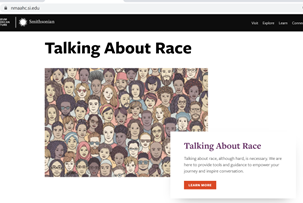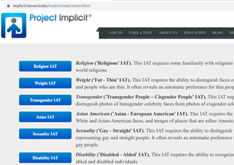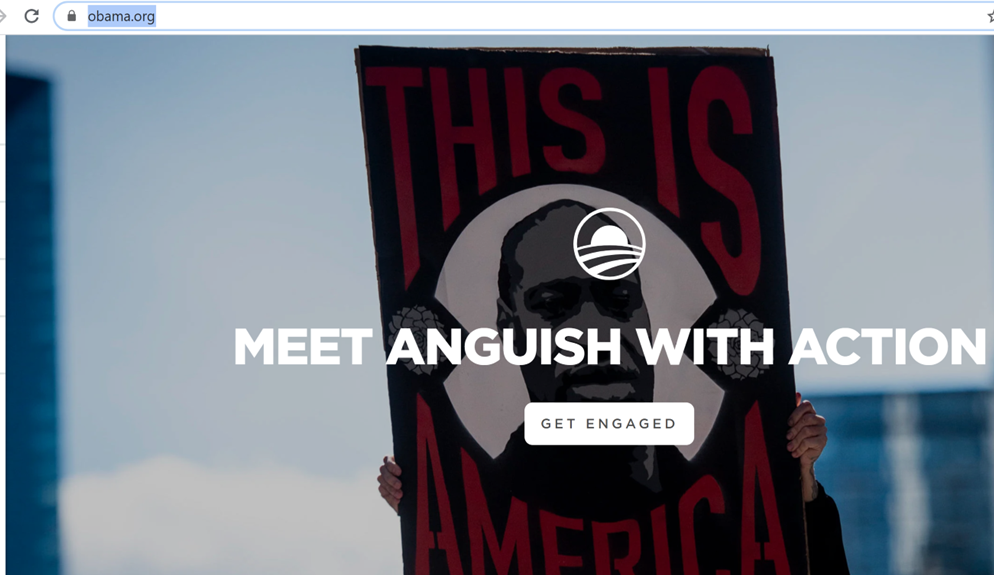As the protests continue this first week in June 2020 across our country following the horrifying murder of George Floyd at the hands of law enforcement officials, SAVMA members are furiously supporting their volunteers and their workplaces in a variety of ways. Here are a few of the noted tools and resources that members of the volunteer management community have brought forward to help Volunteer Managers understand the environment in which they find themselves. We hope you find them useful.
The Racial Equity Tools Website

About the Racial Equity Tools website, it is designed to support individuals and groups working to achieve racial equity. This site offers tools, research, tips, curricula and ideas for people who want to increase their own understanding and to help those working toward justice at every level – in systems, organizations, communities and the culture at large.
Racial Equity Tools includes the merger of three sites, www.racialequitytools.org, www.evaluationtoolsforracialequity.org and www.racialequitylearning.org.
The National Museum of African American History and Culture
 “Talking about race, although hard, is necessary. We are here to provide tools and guidance to empower your journey and inspire conversation.” – New Tools and Resources
“Talking about race, although hard, is necessary. We are here to provide tools and guidance to empower your journey and inspire conversation.” – New Tools and Resources
About The National Museum of African American History and Culture, it is the only national museum devoted exclusively to the documentation of African American life, history, and culture. It was established by Act of Congress in 2003, following decades of efforts to promote and highlight the contributions of African Americans. To date, the Museum has collected more than 36,000 artifacts and nearly 100,000 individuals have become members. The Museum opened to the public on September 24, 2016, as the 19th and newest museum of the Smithsonian Institution.
Project Implicit

Project Implicit is a non-profit organization and international collaboration between researchers who are interested in implicit social cognition – thoughts and feelings outside of conscious awareness and control. The goal of the organization is to educate the public about hidden biases and to provide a “virtual laboratory” for collecting data on the Internet. Take a test to discover your unconscious biases.
A Children’s Book List to Support Anti-racist Activism
“These books showcase the many ways people of all ages and races have worked to disrupt racism, and highlight how race intersects with other issues, such as capitalism, class, and colonization. The majority of books center BIPOC, whose lives and bodies have been on the front lines of racial justice work, yet whose stories often go untold. The essential work of white activists is also included — to underscore that anti-racist work is not the responsibility of BIPOC; and exemplify the ways white people have stood up against racial injustice. This list was curated by critical literacy organizations, The Conscious Kid and American Indians in Children’s Literature.” Given this list comes from a blog we felt it was important to both quote and provide the information on the citation here if you need to find the list in the future. Plus we want to make really sure we properly credit the work of the individuals and groups that compiled this list.
- Kid, The Conscious. “31 Children’s Books to Support Conversations on Race, Racism, and Resistance.” Medium, Noteworthy – The Journal Blog, 6 May 2019, blog.usejournal.com/31-childrens-books-to-support-conversations-on-race-racism-and-resistance-9dbabc28360e.
Obama Foundation
ANGUISH AND ACTION: We work to help leaders change their world—and the world needs changing. The killings of George Floyd, Breonna Taylor, Ahmaud Arbery, and the loss of far too many Black lives to list, have left our nation anguished and outraged. While now is a time for grief and anger, it is also a time for resolve. Find resources to learn what you can do to create a more just and equitable world!
Over 1,000 people are killed by police every year in America, and Black people are three times more likely to be killed than White people. We can take steps and make reforms to combat police violence and systemic racism within law enforcement.


